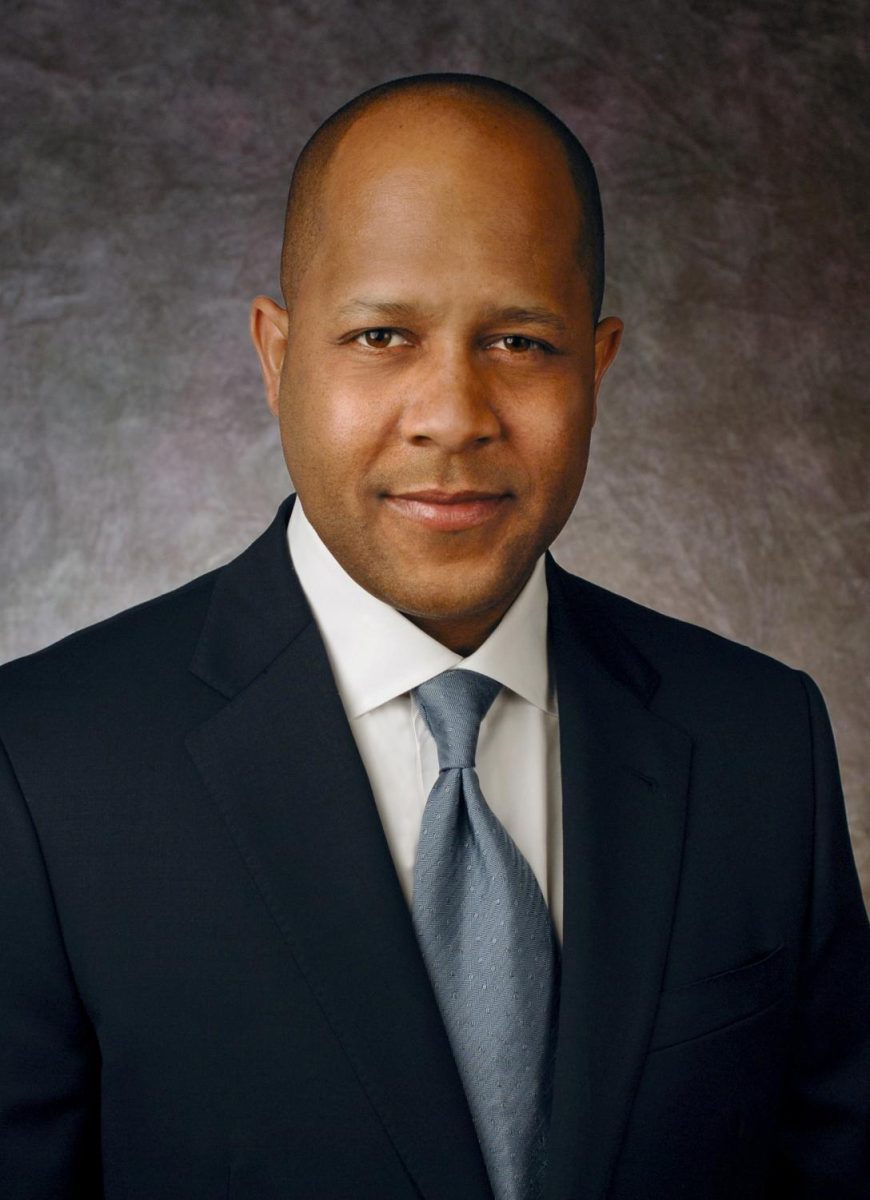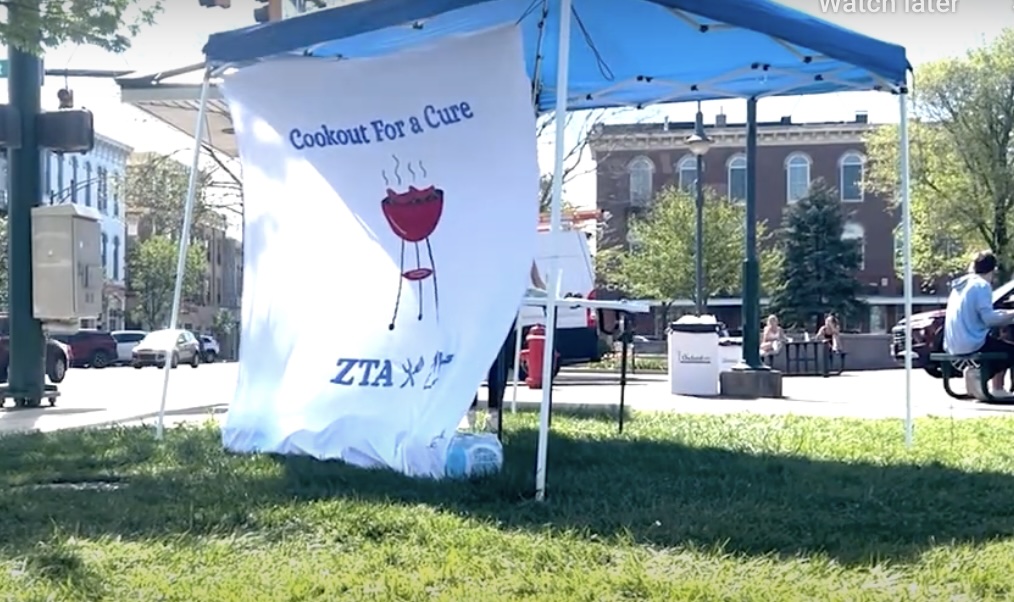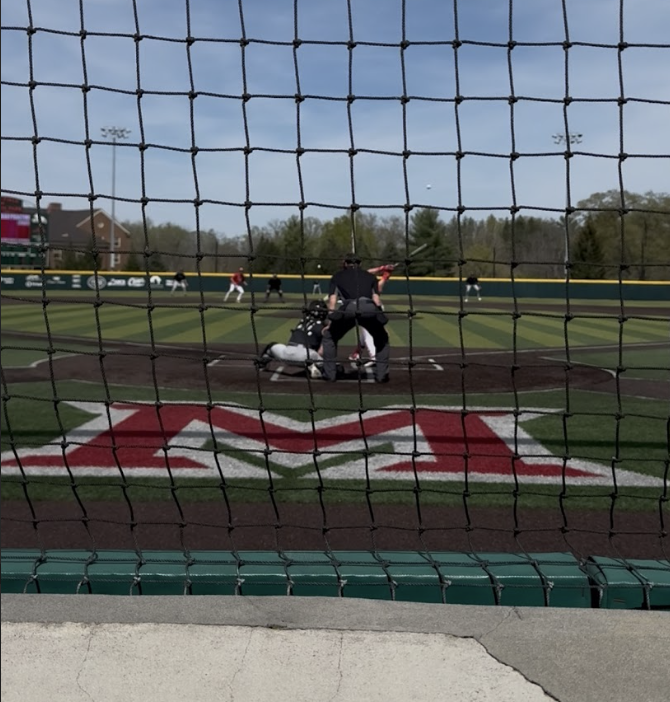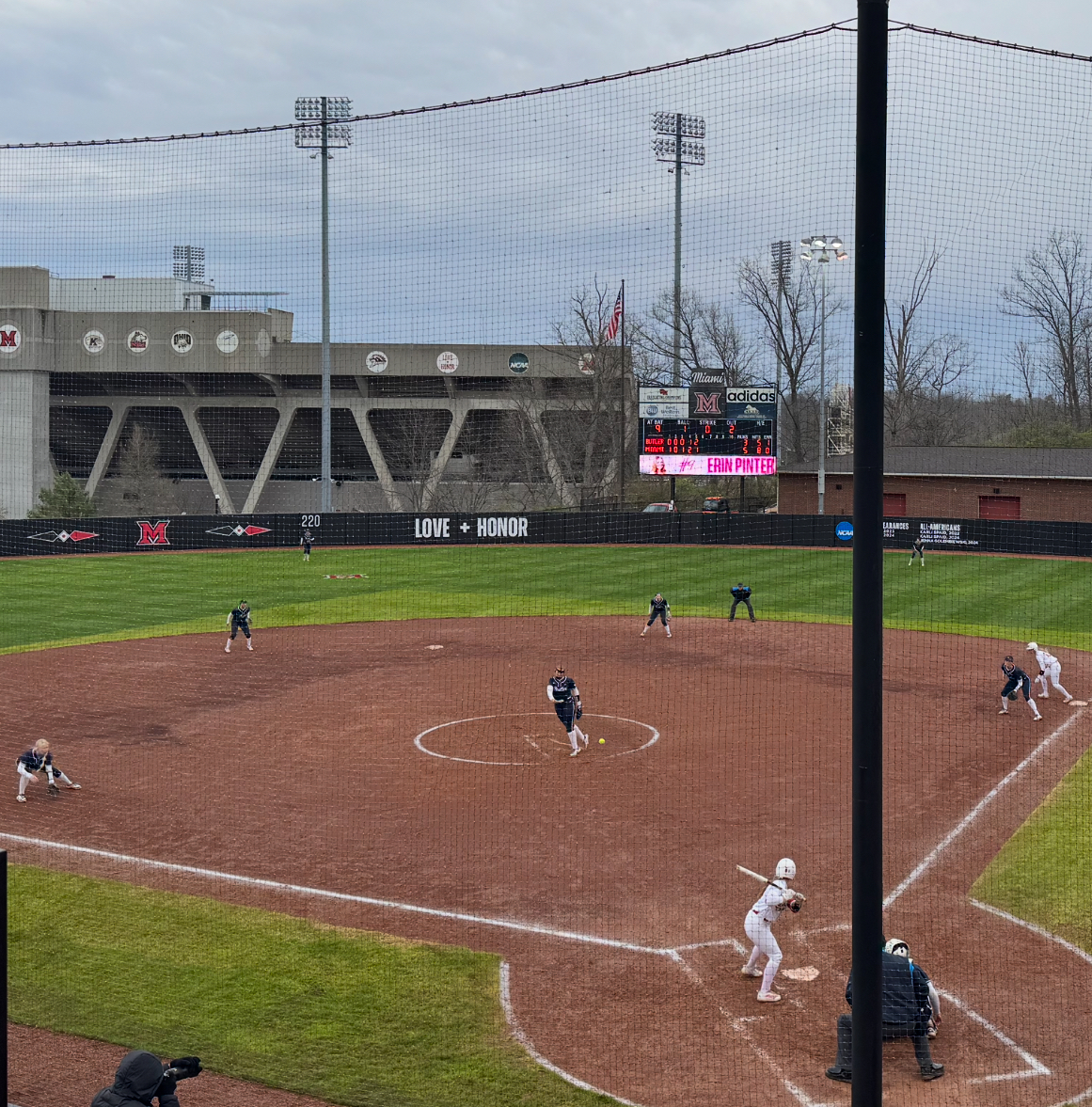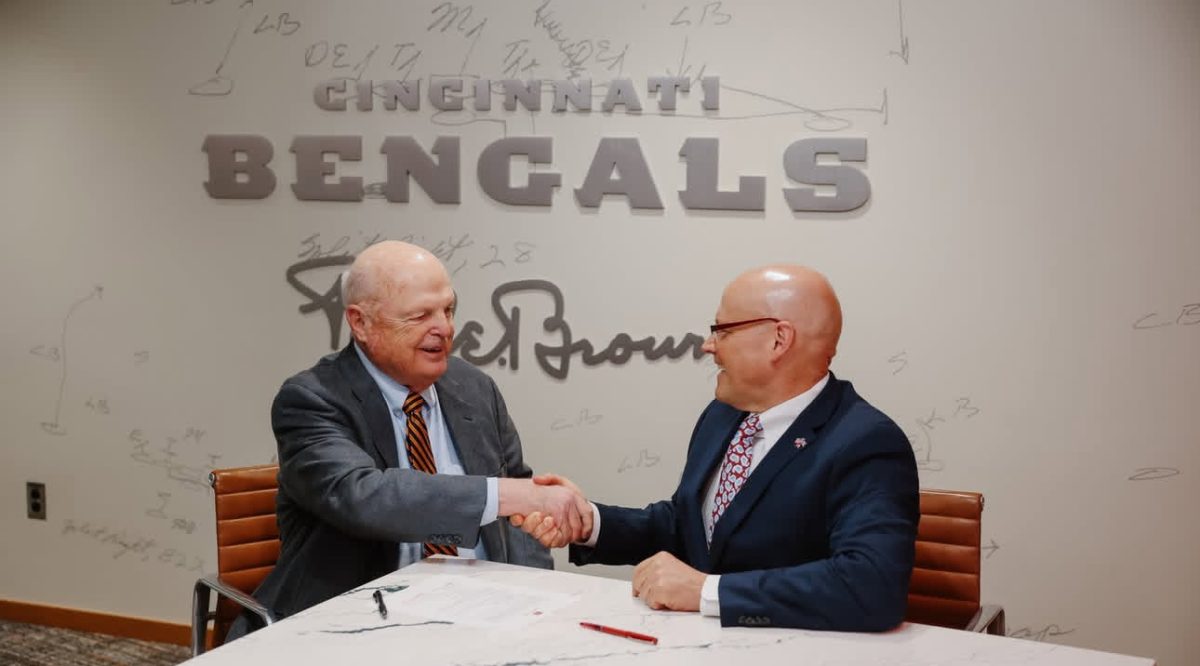Jeff Pegues, a 1992 graduate of Miami University, returned to Oxford on Monday to talk about his latest book, “Kompromat: How Russia Undermined American Democracy.”
Pegues, CBS News chief correspondent for justice and homeland security, said Americans should treat the Russian interference in their elections as a crime, not politics.
“I don’t think it’s about politics,” Pegues said of the computer hacking interference that has been confirmed by U.S. intelligence agencies. “But it’s tough separating it from the politics.”
Unfortunately, he said, politics are so poisonously partisan these days that it is hard for people to see that cyber-attacks against the political system are separate from the politicians.
“A foreign adversary is trying to influence how you think. Think about that. If we weren’t in this highly charged political atmosphere, 99 percent of people would care.”
Pegues said the Russians were angling for Donald Trump to win the election for a variety of reasons. For one, Pegues said that 2016 Democratic presidential nominee Hillary Clinton is hated by Russian President Vladimir Putin because he believed she meddled in Russia’s 2012 presidential elections, when she was Secretary of State.
He also believes Trump flattered Putin while discussing him on the campaign trail.
Pegues said he also believes that because Clinton was seen as very likely to win the election, computer meddling that helped Trump represented a greater chance for chaos in the United States.
“The more chaos [Putin] can sow here, the better off he is: he looks stronger,” Pegues said during his talk at Shriver Center.
Pegues, who played wide receiver for the Redhawks during his time at Miami, worked in television newsrooms in New York, Baltimore and Miami before going to CBS in 2013. He has been a leader in the network’s coverage of the Russian investigation.
Part of Pegues’ focus Monday was on the Russian government’s “trolls” who created social media accounts on platforms like Twitter and Facebook. “[The ‘trolls’] would say, hey, there’s a gun [at an event], there’s a fight here,” Pegues said. Such false accounts could cause fear and reinforce prejudices, he said.
“You don’t have to change an actual vote; you change how [American citizens] think.”
Pegues didn’t say votes were directly changed by Russian hackers; but he said Russian hackers broke into voter databases in at least some swing states. “It’s hard to tell whether or how much information was altered.”
“Part of the Russian operation was to scan databases that contain voter information across the country. U.S. officials still don’t know exactly why the Russians were doing that … but the key going forward is protecting those systems.”
Pegues is wary of how the Trump administration is responding to the hacking of voter databases. He said the administration was “sluggish” in its response to hacks uncovered by American security agencies. “It took 10 months or so before the [Trump] administration began helping local officials … they’ve ramped it up in the last two months.”
Pegues believes that the best way to combat Russian meddling is for all Americans to unite in their resistance of Russia. He said the meddling continues “in part because there hasn’t been this unified front pushing back.
“That’s what’s unfortunate about the system: we have so much toxic political discussion that we can’t even create a united front.”
Returning to his earlier theme, Pegues said that lack of unity would fade if Americans start thinking of the hackers as criminals and start thinking of themselves, no matter what their politics, as victims of the crime.


